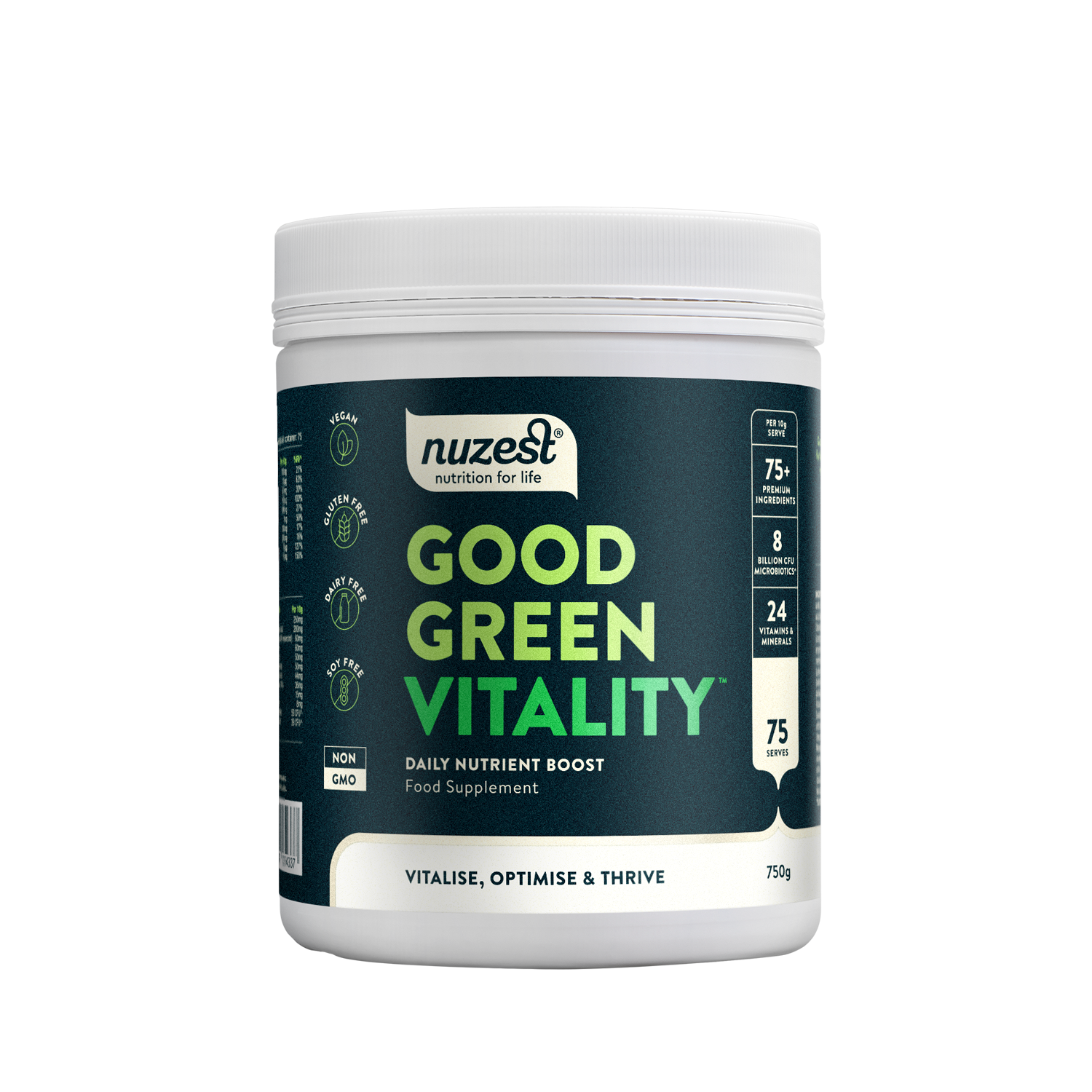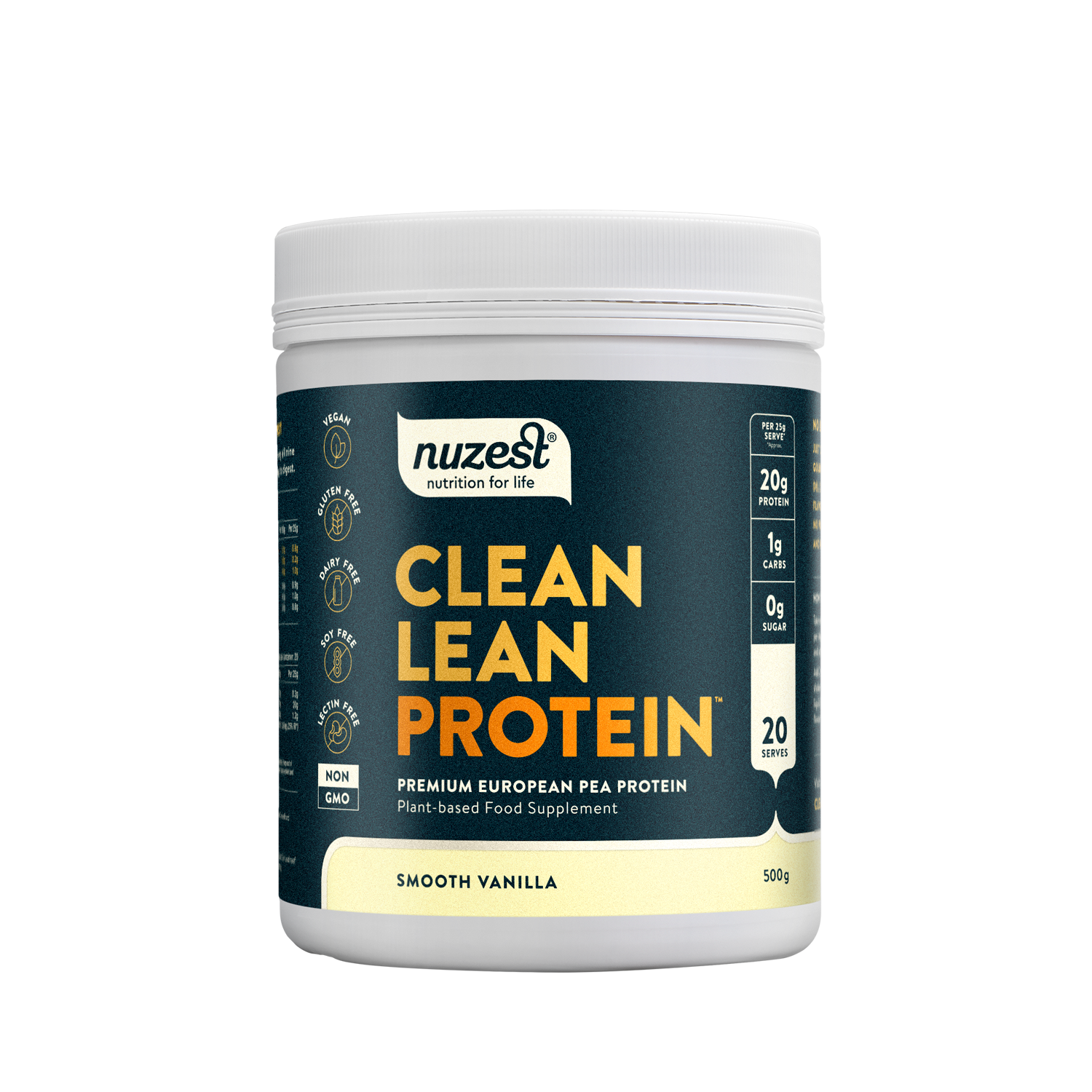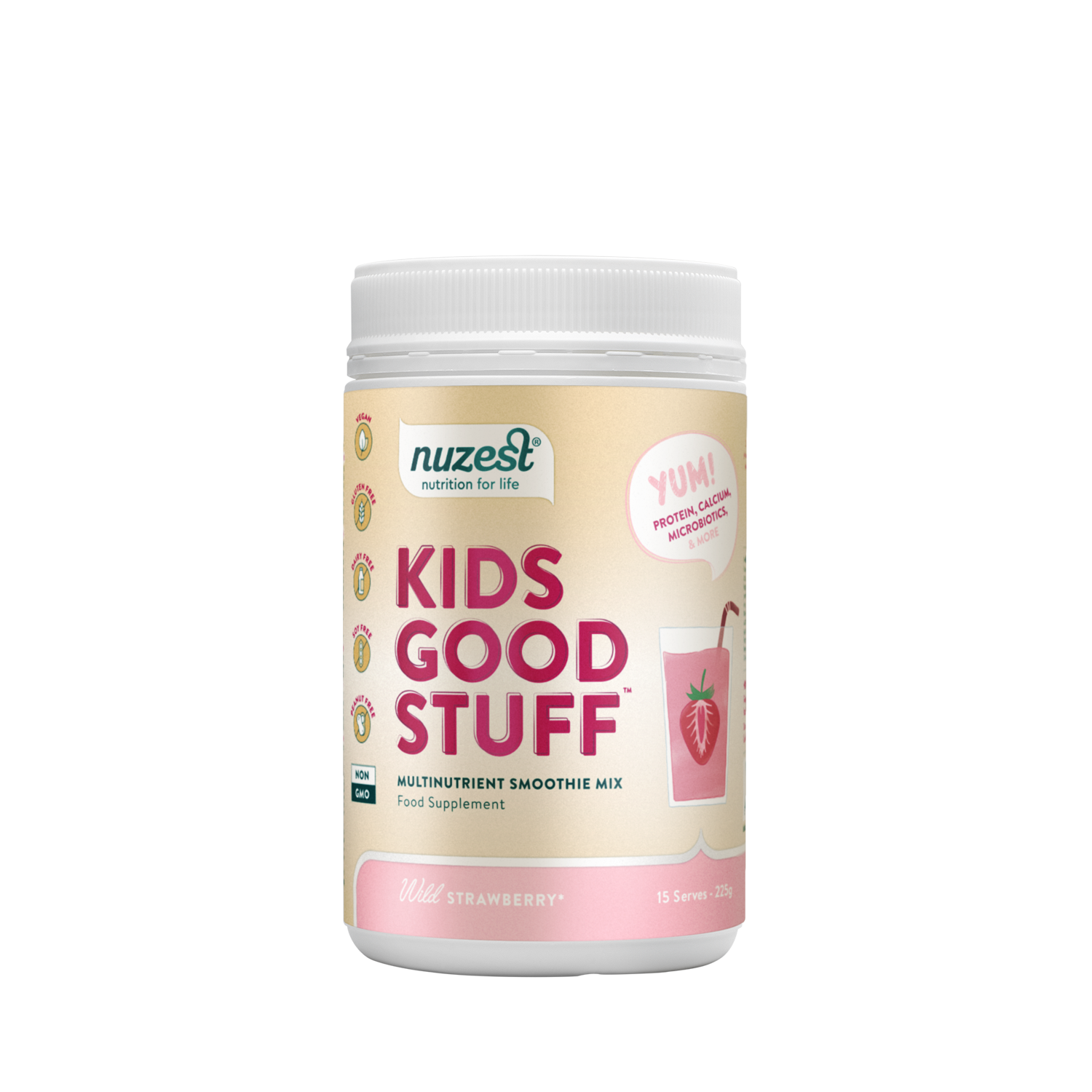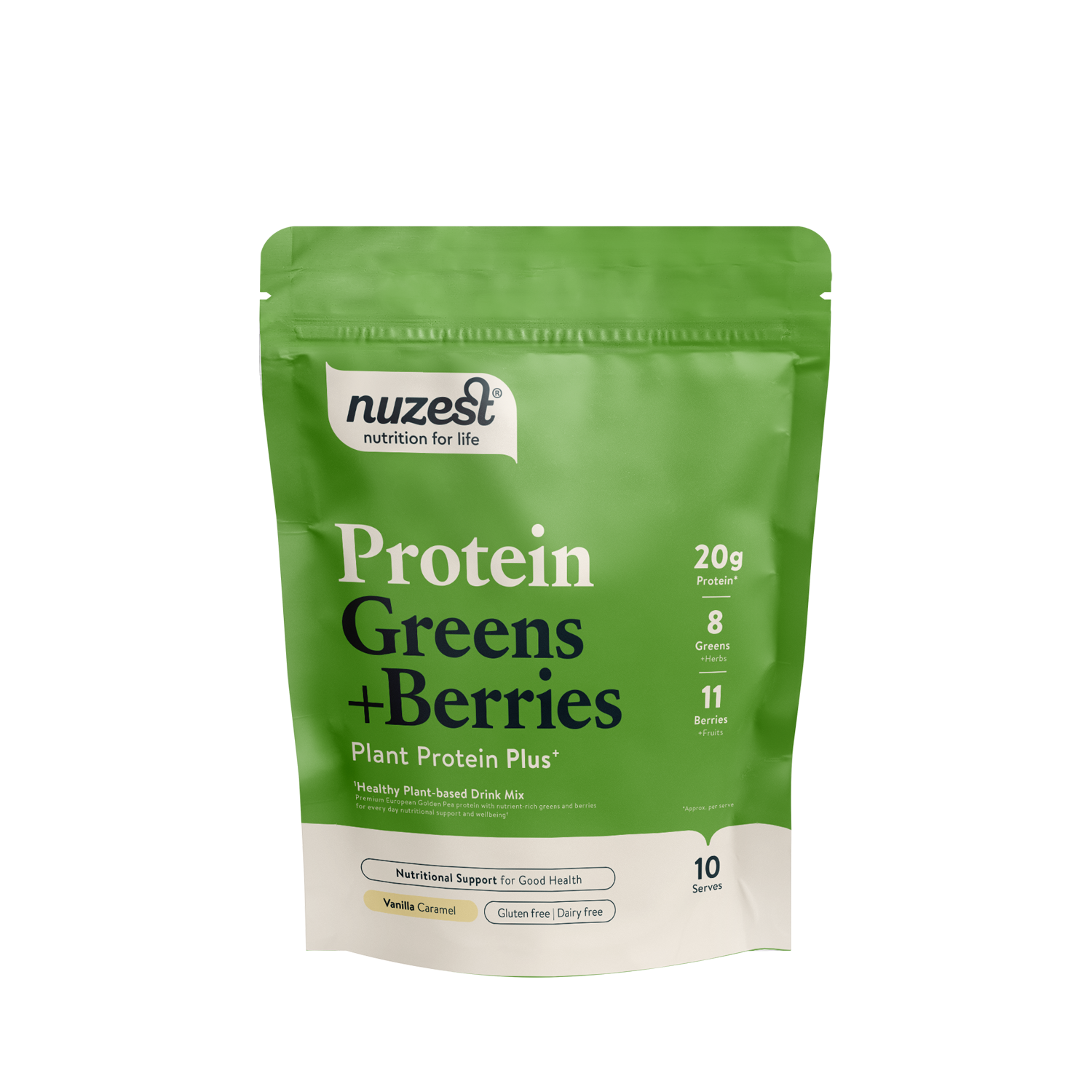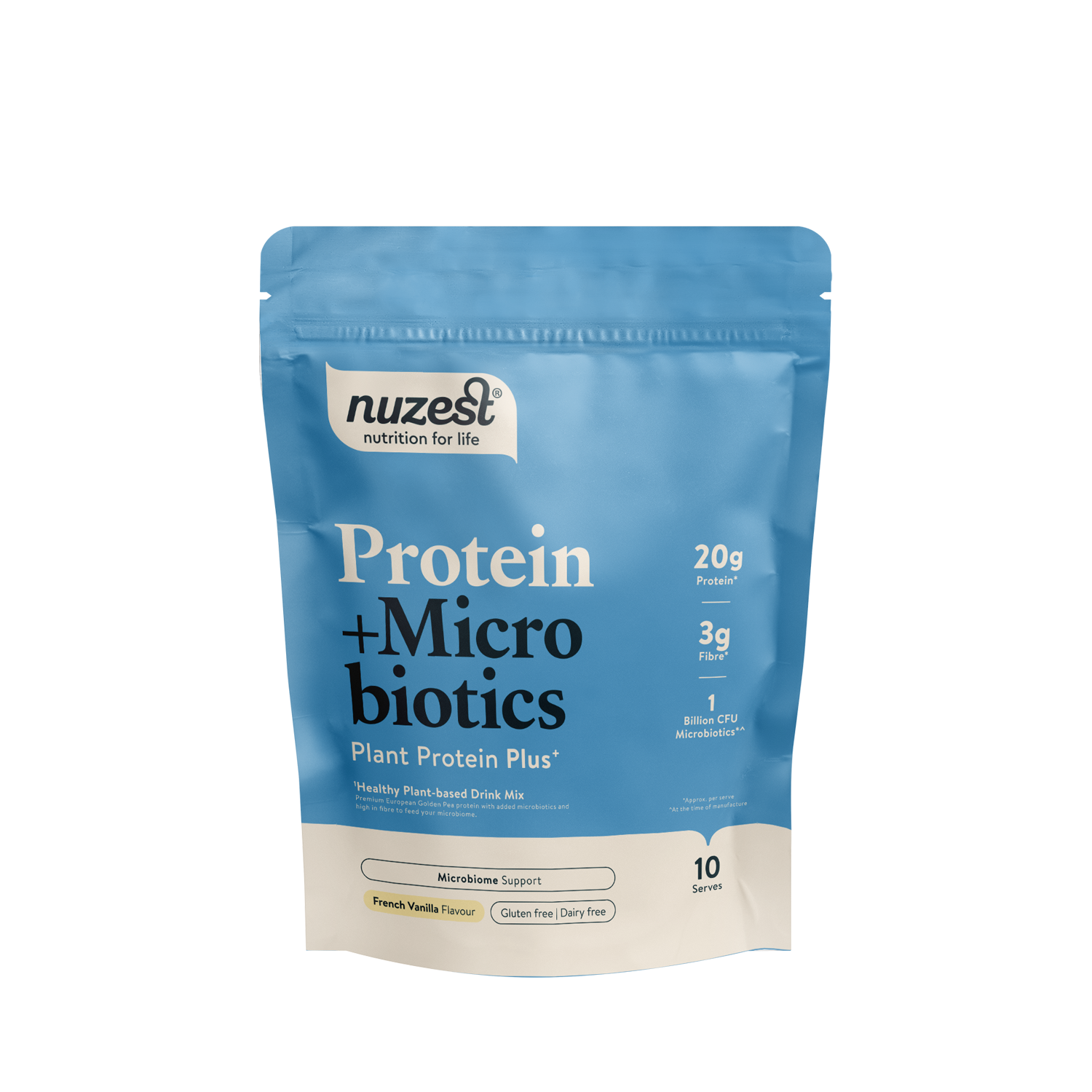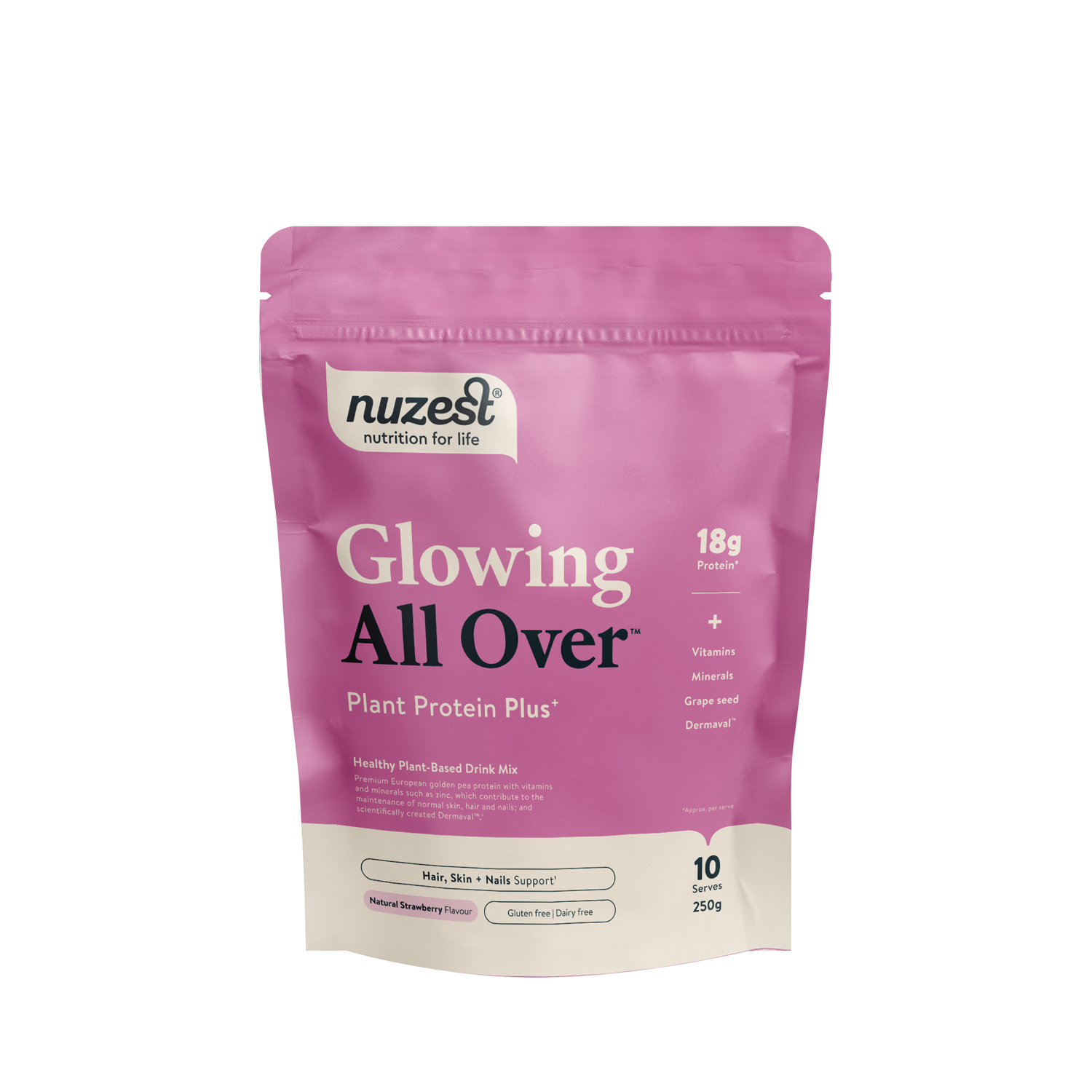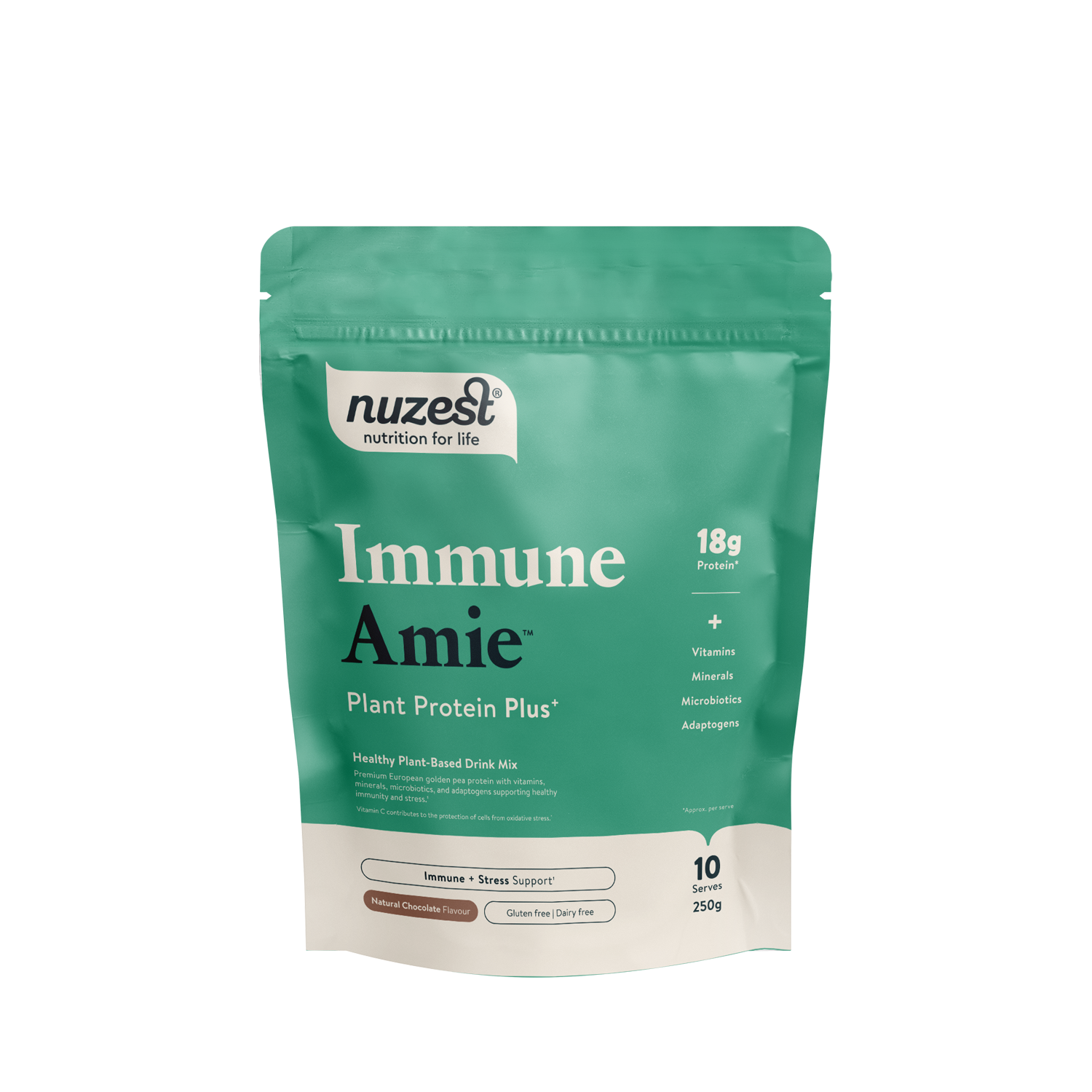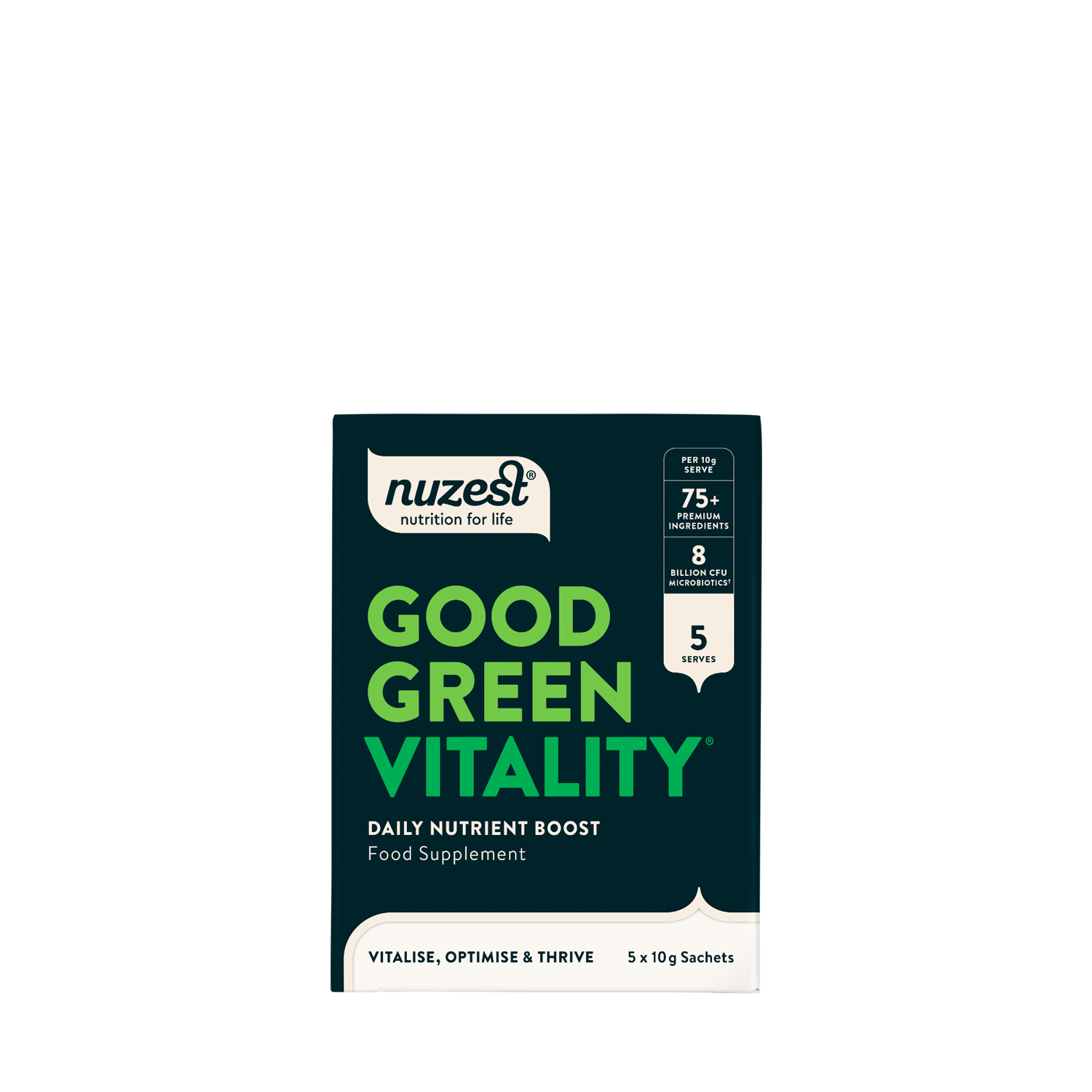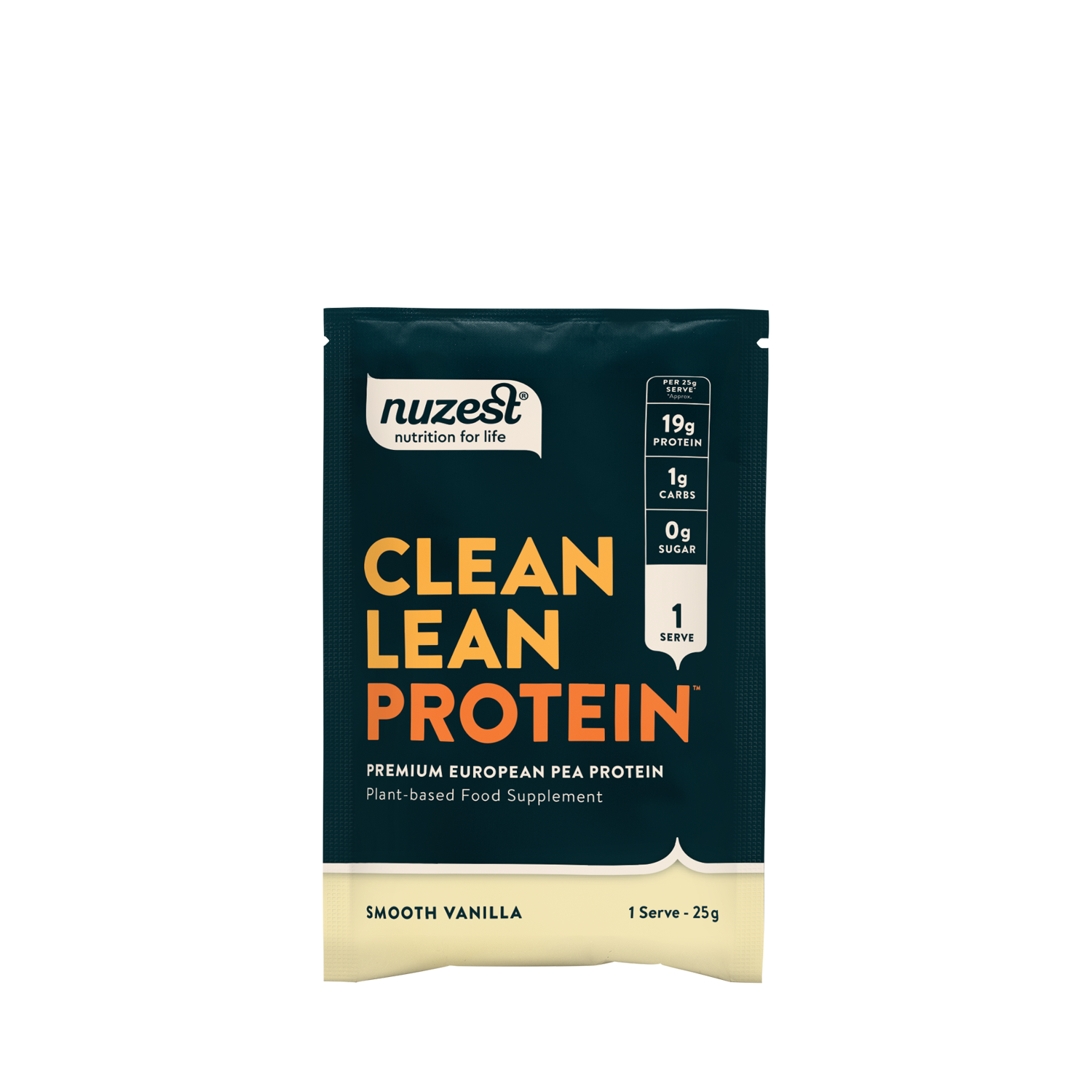Sunflower Lecithin
Helianthus annuus lecithin
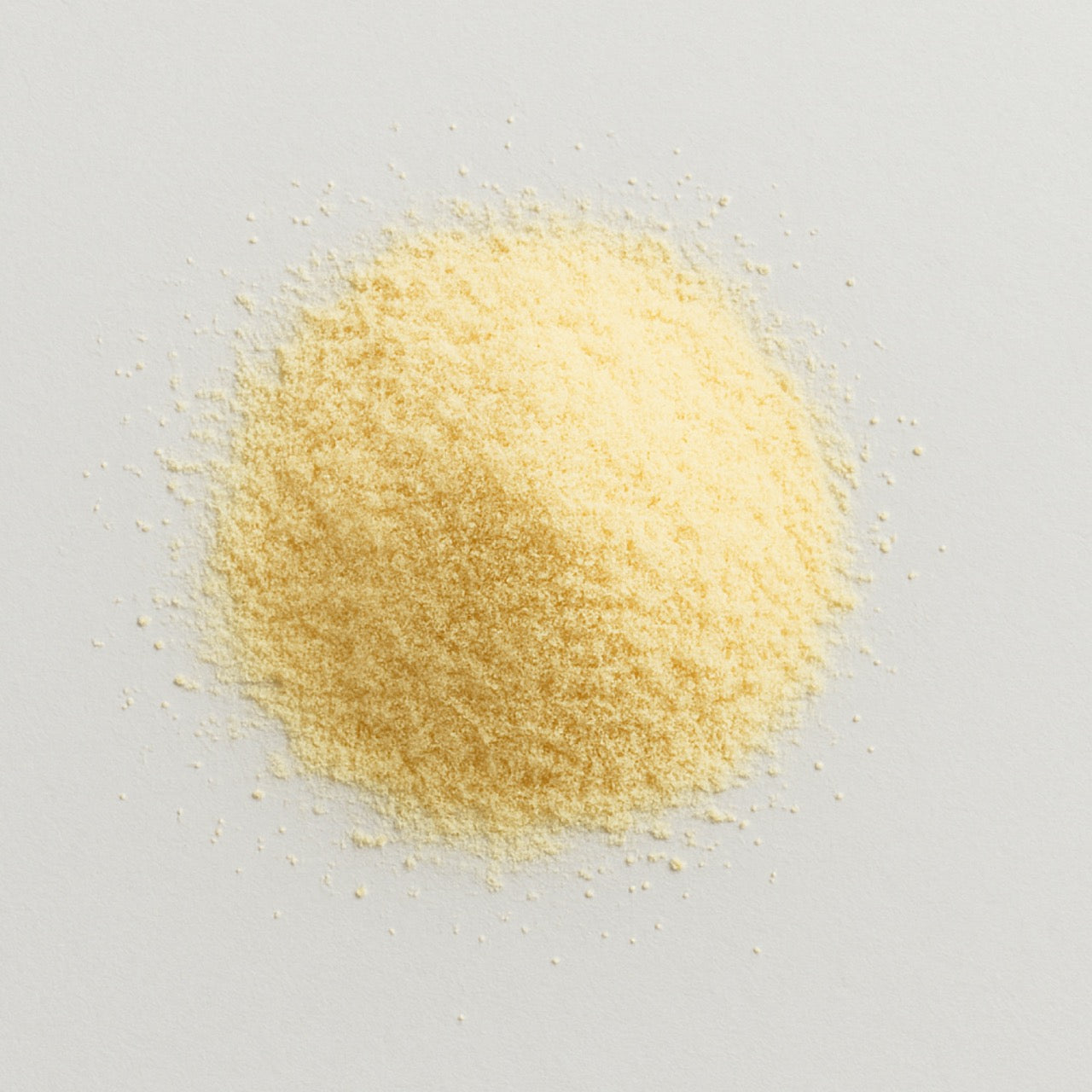
Sunflower lecithin is a phospholipid-rich substance extracted from sunflower seeds. It is used as an emulsifier and dietary supplement ingredient.
Products:
Does Lecithin Support Cardiovascular Health?
Sunflower lecithin supports heart health by helping to maintain balanced cholesterol levels, which may reduce the risk of cardiovascular disease. Its high phosphatidylcholine content plays a vital role in preserving the integrity of cell membranes, including those of cardiac cells. Additionally, sunflower lecithin may contribute to lowering blood pressure and enhancing circulation, further promoting overall cardiovascular wellness.¹
Lecithin and Gut Health
By aiding the breakdown of dietary fats, lecithin also supports digestive health and facilitates nutrient absorption. It helps maintain the integrity of the gut lining, which may reduce digestive discomfort and promote overall gastrointestinal function.²
What is Lecithin?
Lecithin is a naturally occurring compound found in the cells of both plants and animals, consisting primarily of phospholipids and essential fatty acids. When derived from sunflower seeds, sunflower lecithin is often used as a dietary supplement due to its wide-ranging health benefits. It has been associated with supporting liver function, promoting cognitive health, and contributing to skin integrity and hydration.³⁴
Lecithin and the Nervous System
It plays a supportive role in nervous system health, largely due to its phosphatidylcholine content—a major structural component of neuronal cell membranes. It contributes to maintaining cognitive function, supports memory processes, and may help protect against age-related cognitive decline. Additionally, lecithin aids in the synthesis of acetylcholine, a neurotransmitter essential for memory formation and muscle control.⁵
Can Lecithin Help Lower Cholesterol?
Managing cholesterol levels may be one of the key benefits of lecithin, especially when sourced from sunflowers. By supplying beneficial fats, it can help lower LDL (bad) cholesterol and support a rise in HDL (good) cholesterol. This improvement in lipid profile plays a role in promoting cardiovascular health and lowering the risk of heart disease.⁶
